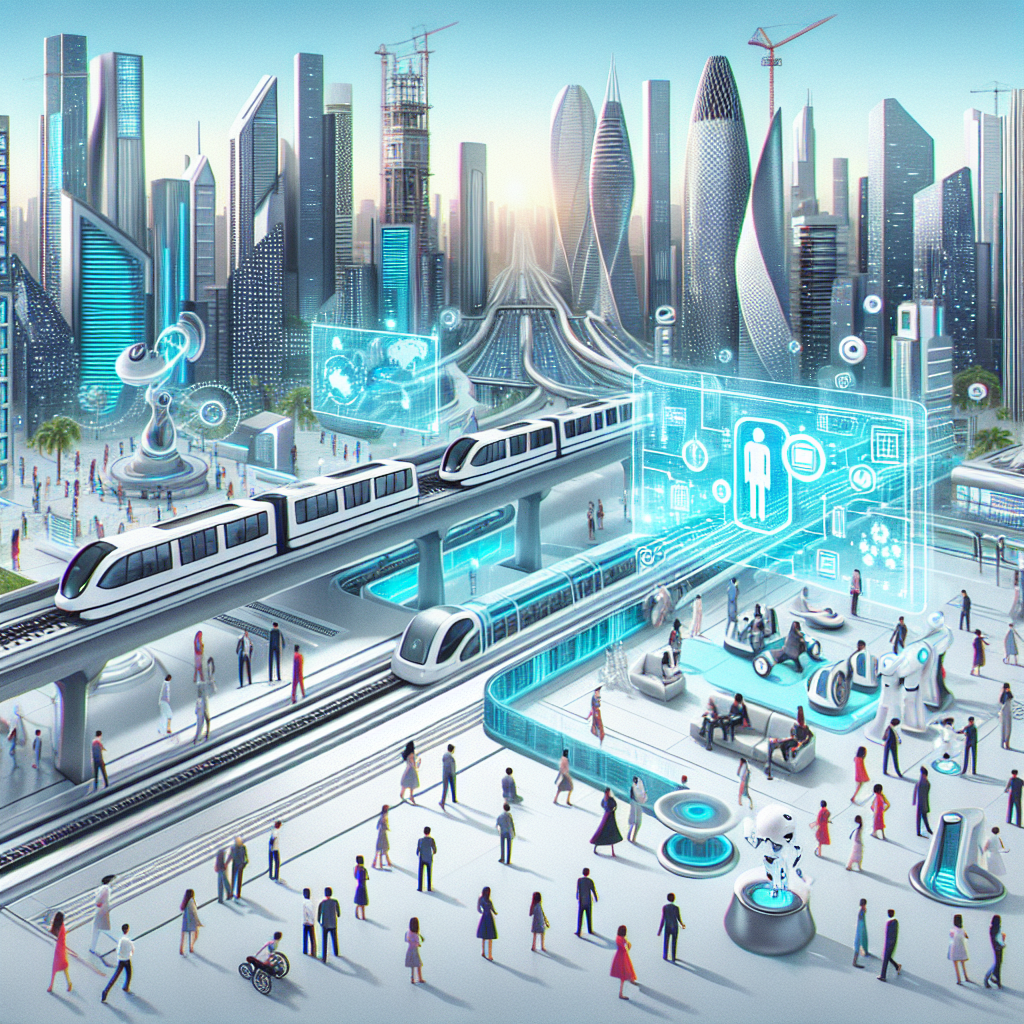The Next Frontier: How AGI is Shaping the Future of Technology and Society
Artificial General Intelligence (AGI) is a term used to describe a form of artificial intelligence that is capable of performing any intellectual task that a human can do. This includes understanding natural language, learning from experience, reasoning, planning, and solving problems. While current AI systems are designed to perform specific tasks, such as recognizing images or translating languages, AGI aims to create machines that can think and reason like humans.
The development of AGI has the potential to revolutionize industries and reshape society in ways that we can only begin to imagine. From healthcare to transportation, from education to entertainment, AGI has the ability to transform the world as we know it. In this article, we will explore how AGI is shaping the future of technology and society, and what this means for the future of humanity.
The Rise of AGI
The concept of AGI has been around for decades, but recent advancements in machine learning, neural networks, and big data have brought us closer than ever to achieving this goal. Companies like Google, Facebook, and OpenAI are investing billions of dollars in research and development to create machines that can think and reason like humans. These efforts have already led to significant breakthroughs in the field of AI, such as AlphaGo’s victory over the world champion Go player and OpenAI’s GPT-3 language model, which can generate human-like text.
As AGI continues to evolve, we can expect to see even more impressive feats from AI systems. From self-driving cars that can navigate complex environments to medical diagnoses that are more accurate than those made by human doctors, the possibilities are endless. AGI has the potential to transform every aspect of our lives, from the way we work and play to the way we communicate and learn.
Implications for Society
While the promise of AGI is vast, it also raises important questions about the impact it will have on society. As machines become more intelligent and capable, what will happen to the millions of jobs that currently rely on human labor? Will AGI lead to greater inequality, as those with access to the technology gain a competitive advantage over those without? How will we ensure that AI systems are used ethically and responsibly, without causing harm to humans or the environment?
These are just a few of the many questions that researchers, policymakers, and industry leaders are grappling with as AGI continues to advance. While there are no easy answers, it is clear that we must approach the development of AGI with caution and foresight. We must consider the social, ethical, and economic implications of this technology, and work together to ensure that it benefits all of humanity, not just a select few.
FAQs
Q: What is the difference between AGI and narrow AI?
A: Narrow AI refers to AI systems that are designed to perform specific tasks, such as image recognition or language translation. AGI, on the other hand, aims to create machines that can think and reason like humans, with the ability to perform any intellectual task that a human can do.
Q: How close are we to achieving AGI?
A: While significant progress has been made in the field of AI, we are still a long way from achieving true AGI. Researchers estimate that it could be decades before we have machines that can truly think and reason like humans.
Q: What are the potential benefits of AGI?
A: AGI has the potential to revolutionize industries, improve healthcare outcomes, enhance education, and create new forms of entertainment. It could also lead to more efficient and sustainable ways of doing business, as AI systems can analyze vast amounts of data and make decisions faster than humans.
Q: What are the risks of AGI?
A: AGI raises important questions about the impact it will have on society, including the potential loss of jobs, increased inequality, and ethical concerns about how AI systems are used. There is also the risk of unintended consequences, as AI systems may behave in ways that are unpredictable or harmful to humans.
In conclusion, AGI has the potential to transform the world in ways that we can only begin to imagine. From healthcare to transportation, from education to entertainment, AGI has the ability to revolutionize industries and reshape society. As we continue to advance the field of AI, it is crucial that we consider the social, ethical, and economic implications of this technology, and work together to ensure that it benefits all of humanity. By approaching the development of AGI with caution and foresight, we can create a future that is brighter and more equitable for all.

